Laikipia
I sip my Tusker beer on the veranda, staring at the elephant. He’s not the elephant in the room. He’s the elephant on what should be my croquet lawn. I thought he might go away, but he hasn’t. Instead he’s brought his friends — more and more of them as time goes by. They say the elephant will become extinct within a few years. Across Africa, poachers are decimating elephants — just not here, where they apparently feel safe enough to crap on my sward.
Today, the fashionable argument promoted on Twitter, and followed by princes and prime ministers, is to burn all stockpiles of seized ivory in the world. This, they argue, will help shut down the illegal trade in ivory. Poachers, some believe, must be fought with special forces-trained rangers with night-vision goggles and helicopter back-up.
Currently, they say around 30,000 elephant are being poached annually. This is mainly for their ivory, from which the African bandits who pull the trigger make but a few coins. Instead, the lion’s share of profits is gobbled up by criminal gangs smuggling tusks to the Far East, where hordes of Chinese consumers want the ivory carved into miniature statues of their grandmothers.
Others argue that the best way of saving elephant and other wildlife is through commercial sport hunting. It’s hard to disagree with the numbers, given that wildlife populations have thrived mainly in those parts of southern Africa where big-game hunting is also a lucrative industry. But it disturbs many that the future survival of megafauna should depend on them being shot by rich dentists and oilmen from Texas, together with their wives. And it appears unlikely that much of the money from commercial sport hunting would ever reach the impoverished populations it could benefit, who instead have the crops on which they subsist flattened, or their children squashed dead on the way to school.
Whenever I look at Facebook there’s a white cat lover saying these Texan hunters should be ‘hunted down’ themselves. This is the type of person who says humans are a ‘disease’. Fewer people = less global warming = more elephants.
The problem is that if Prince William succeeds in stopping the illegal trade in ivory completely, elephant populations will explode and, since their habitat is dwindling fast as Africa’s people multiply, they will come ever more into conflict with humans. Just down the road from us recently, crowds of poor people protested against the destruction of their maize crops by attacking a herd of elephants until they were driven off with a helicopter. The only way to put money into the pockets of those poor farmers is for Western tourists to fly in to take photos, while burning lots of fossil fuels — except they tend to stay away when they get scared of terrorists.
I imagine anybody who has a view on what to do about elephants, that white cat lover even, would like to rescue Africans fleeing poverty from drowning in the sea. They might be concerned about fresh famine in Ethiopia and world peace in general.
So I have a proposal. I don’t want to offend anybody, but the aim here is to save the species while making humans happy.
Why don’t we eat the elephants? Most of the meat from these poached animals is discarded. Aside from providing teams of Western television journalists with B-roll, the carcasses become elephant graveyards across Africa, decomposing uselessly.
An adult bush elephant weighs around six tonnes. Based on the poaching statistics, if all these elephant were put through abattoirs rather than going to waste — and killed out at about 50 per cent live weight — this might produce roughly 90,000 tonnes of protein. About three kilos of maize stolen by a pachyderm from a poor person’s farm converts into a third of that in meat. Better than pigs.
A really big T-bone steak is around 500 grams. I bet most of you couldn’t even eat a T-bone that size. I can, but most can’t. Not everybody would get a T-bone elephant steak. Some of us would. The rest would get a nice bit of heart, liver, kidneys. Imagine the size of ’em. Elephant tongue is good, I hear. Trunk is OK if you slice it well. The best bit, according to the early explorers, is elephant foot roasted overnight on hot coals. You can feed 50 campers with an elephant’s foot.
If you fed refugees 500 grams of elephant a day, you could feed around half a million people year round with the elephant currently going to waste. Suddenly, people would have an incentive to stop poaching elephant. They’d start ranching elephant — and the larger numbers would be welcome, not a nuisance.
In UK supermarkets, you could have elephant meat ethically grown by Third World communities. Or an organic line supported by Prince Charles.
I should have a chat with President Robert Mugabe. He ate an elephant at his birthday party last year. I take another sip of my Tusker.
Got something to add? Join the discussion and comment below.
Get 10 issues for just $10
Subscribe to The Spectator Australia today for the next 10 magazine issues, plus full online access, for just $10.
You might disagree with half of it, but you’ll enjoy reading all of it. Try your first month for free, then just $2 a week for the remainder of your first year.


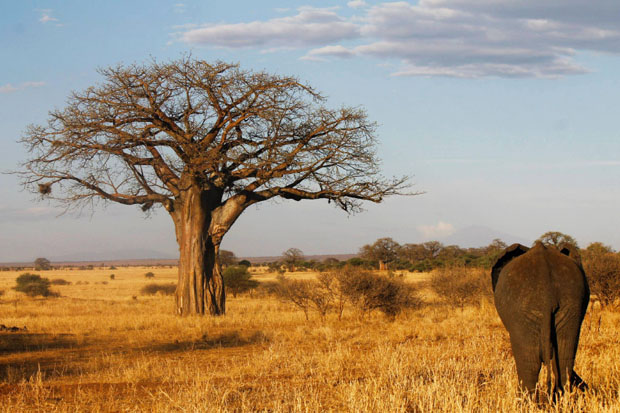
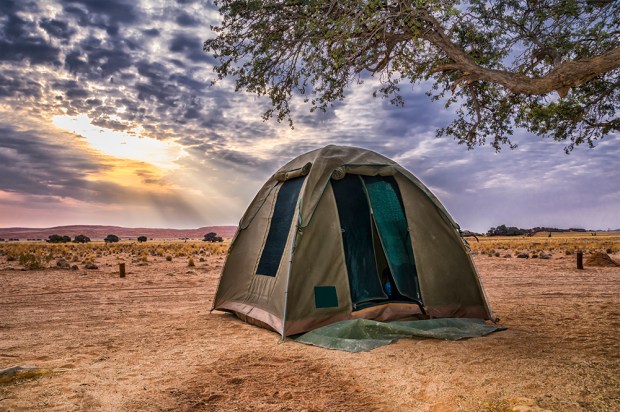

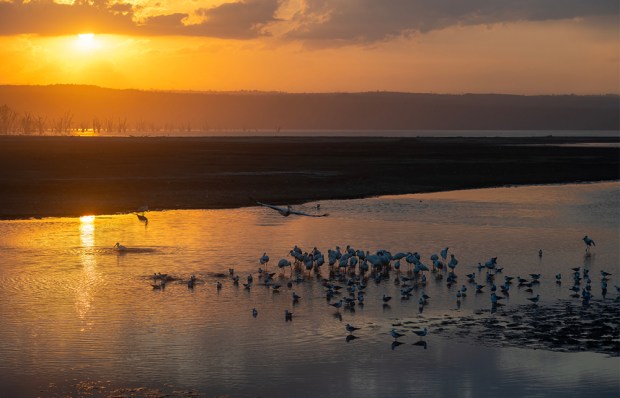
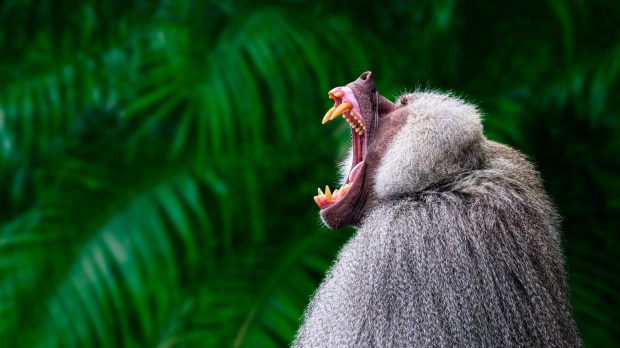
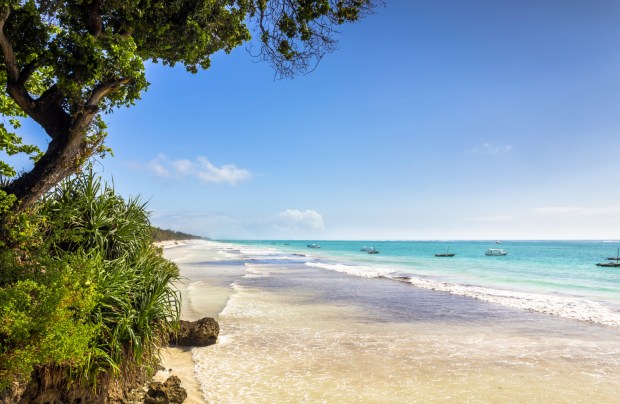
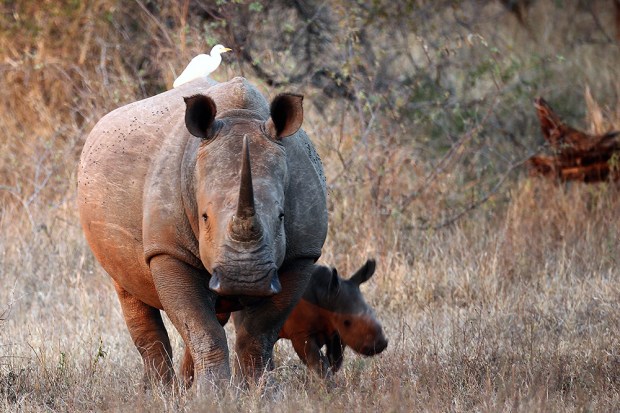






Comments
Don't miss out
Join the conversation with other Spectator Australia readers. Subscribe to leave a comment.
SUBSCRIBEAlready a subscriber? Log in